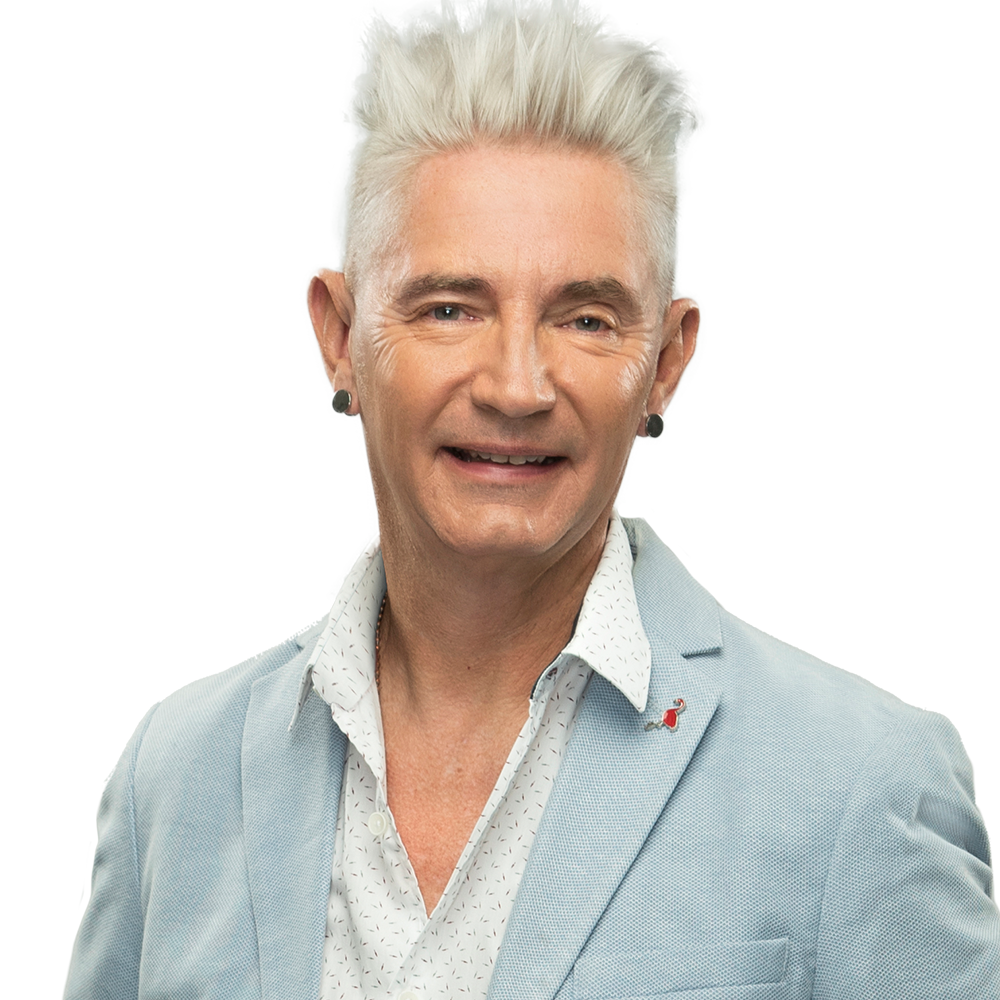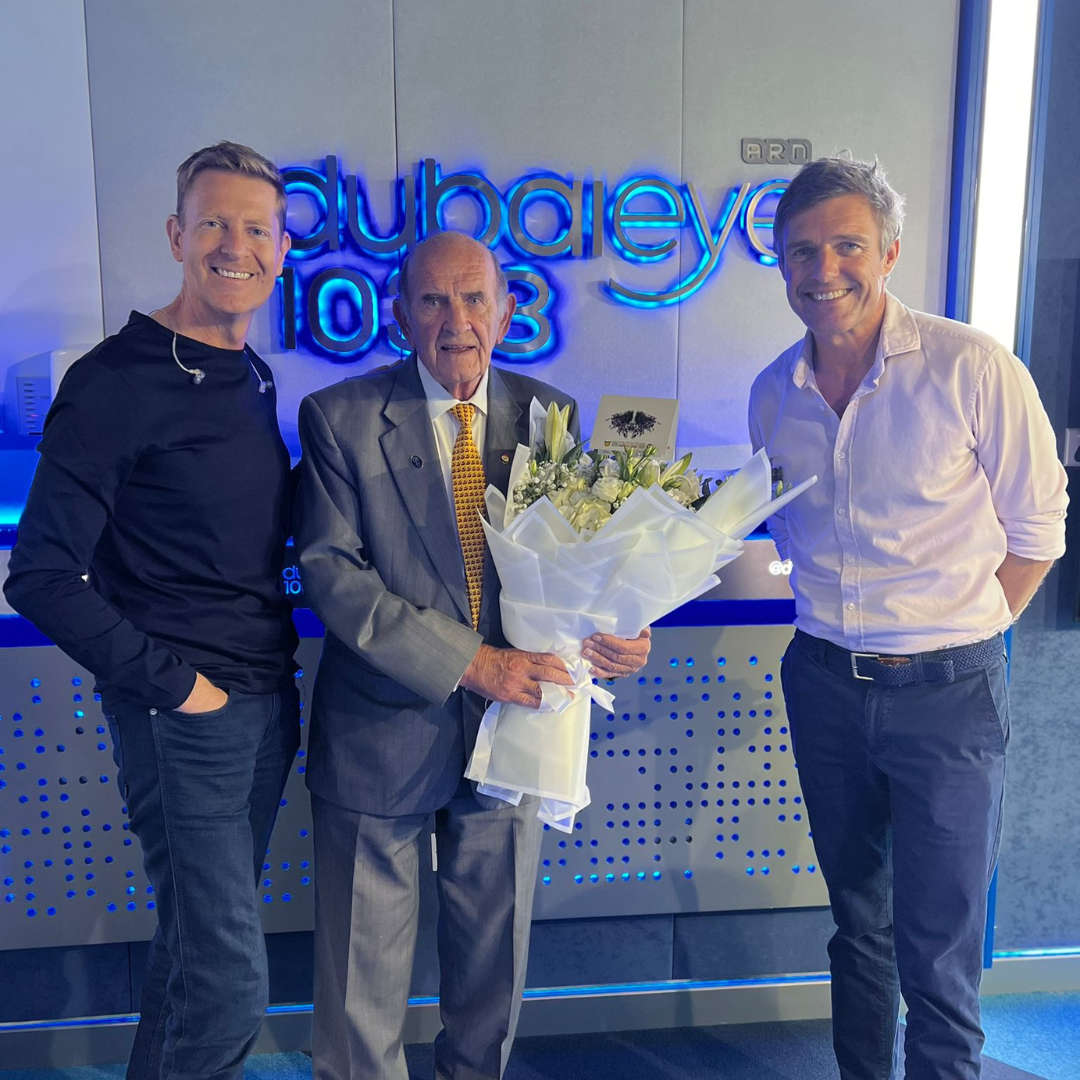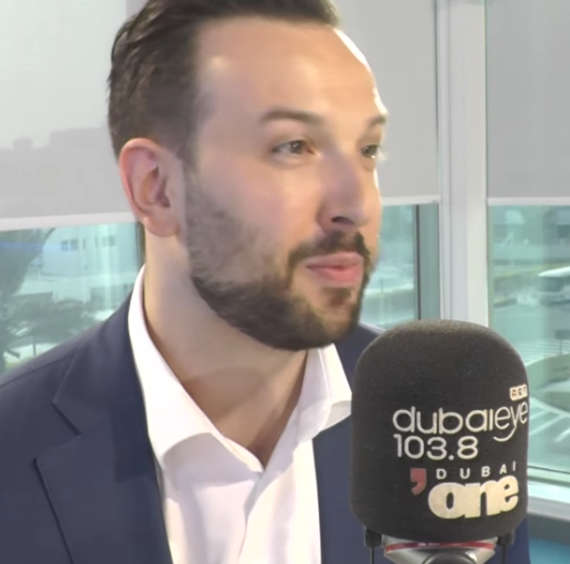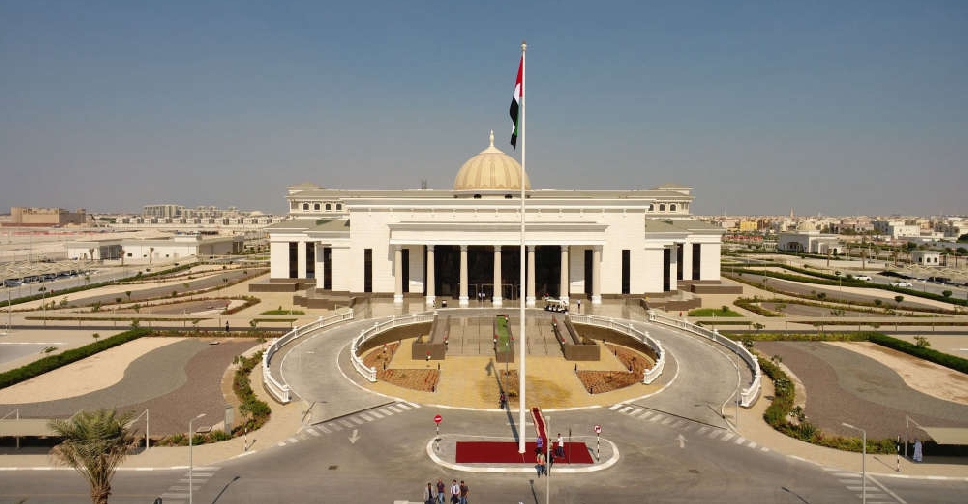
The Public Prosecution has demanded the maximum sentence for 84 individuals, accused of establishing a terrorist organisation, during its final arguments, citing their proven intent to inflict harm on the community, endanger public safety and jeopardise state institutions.
Affirming in its plea, that it's not a retrial, the Public Prosecution meticulously reviewed defendants' confessions, testimonies of 8 witnesses, reports from the Media Committee and Financial Intelligence Unit, and other supporting evidence.
Over two separate sessions, with the first lasting for about five hours, evidence was presented to prove that the defendants were planning an uprising similar to the "Arab Spring Revolutions" and were using social media to manipulate and instigate the public to stage a mass protest at a "well-known square in the country".
They were also planning to gain support from similar organisations outside the country, to incite violence and chaos, with the intent of causing "bloodshed and loss of life".
The court was also presented evidence of the organisation's plans to contact "27 foreign media outlets" to feed them information about the fake "uprising".
The defendant confessed to establishing five teams to carry out their activities -
• Electronic team - to spread news on the internet and social media that would incite public opinion
• Legal team - to communicate with local, regional, and international legal organisations
• National team - to mobilise notables and intellectuals in the country against what they called "violations by the security services"
• Media team - to create accounts on social media platforms, publish tweets and news, and carry out media campaigns
• External action team - to facilitate the escape of the members from the country after coordinating with the other Muslim Brotherhood organisations in the Gulf
Testimonies of media experts, who were tasked with monitoring and analysing the defendants' tweets and blogs as part of the organisation's action plan, were also presented in court.
During the second public session, the prosecution presented evidence to prove that the members of the organisation established 6 interconnected companies as fictitious economic arms to fund the terror group. The organisation also relied on monthly subscription fee amounting to 5 per cent of a person's regular income, and 1 per cent of the profits from trade professionals. The funds were transferred under the pretext of "donations, charities, and Zakat money".
Evidence was also presented to prove how an organisation member exploited his position in one of the banks in the UAE to purchase assets, shares, and real estate for "the purpose of laundering funds".
The State Security Chamber of the Abu Dhabi Federal Appeals Court has set March 7 to hear the pleadings from the counsels representing the 84 defendants.


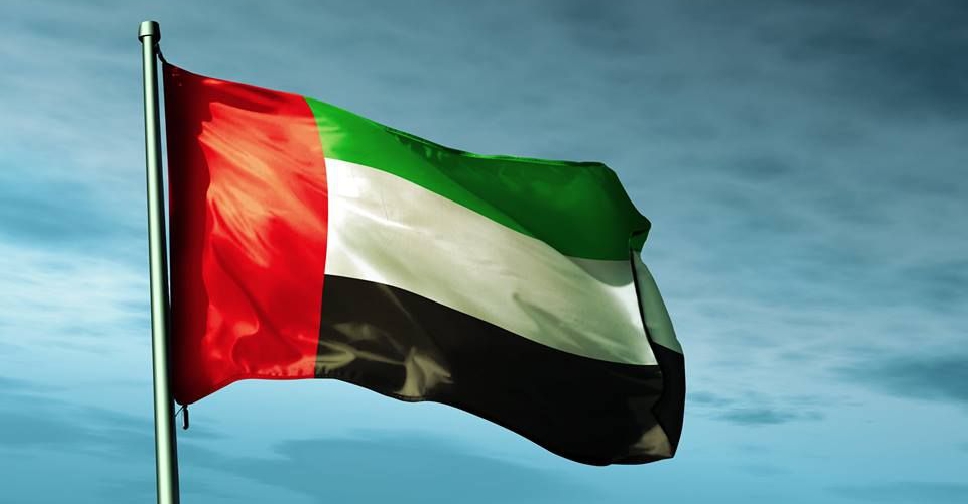 UAE dispatches Monkeypox vaccines to five African countries
UAE dispatches Monkeypox vaccines to five African countries
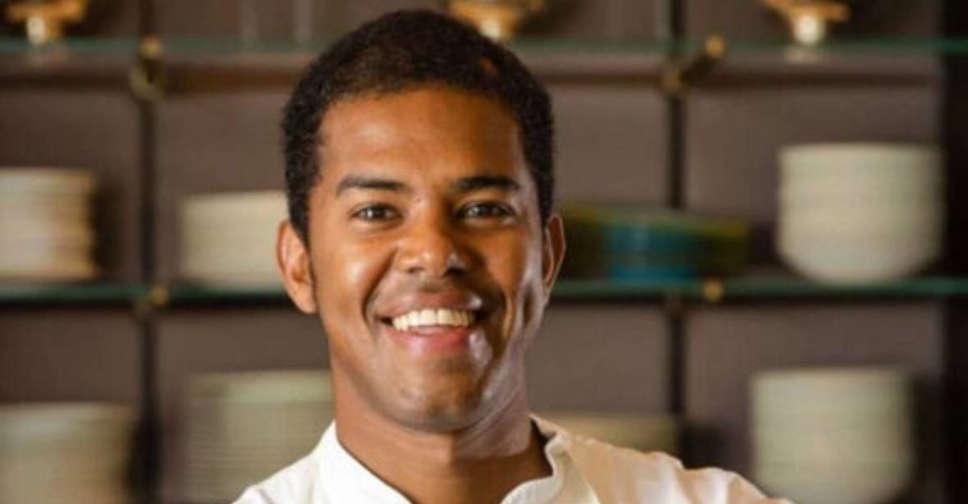 Tributes pouring in for Dubai chef killed in London attack
Tributes pouring in for Dubai chef killed in London attack
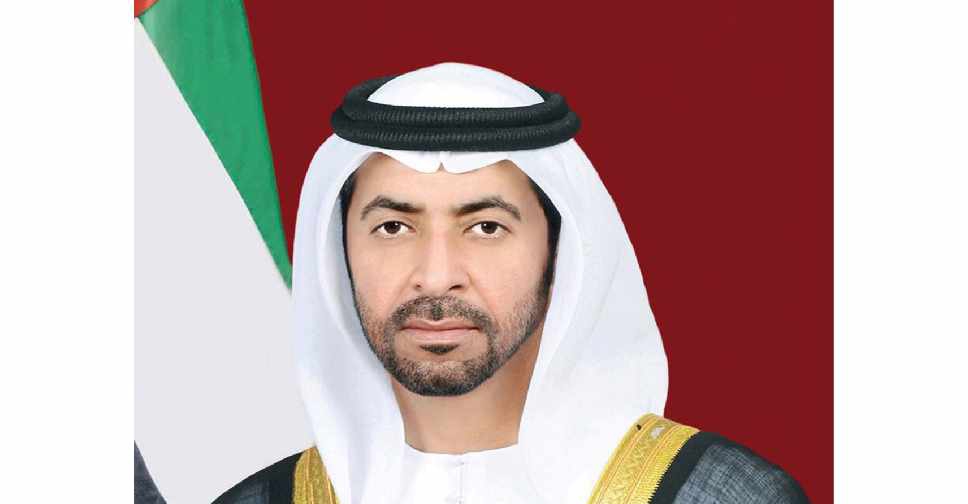 UAE always ready to aid friendly nations, says Sheikh Hamdan bin Zayed
UAE always ready to aid friendly nations, says Sheikh Hamdan bin Zayed
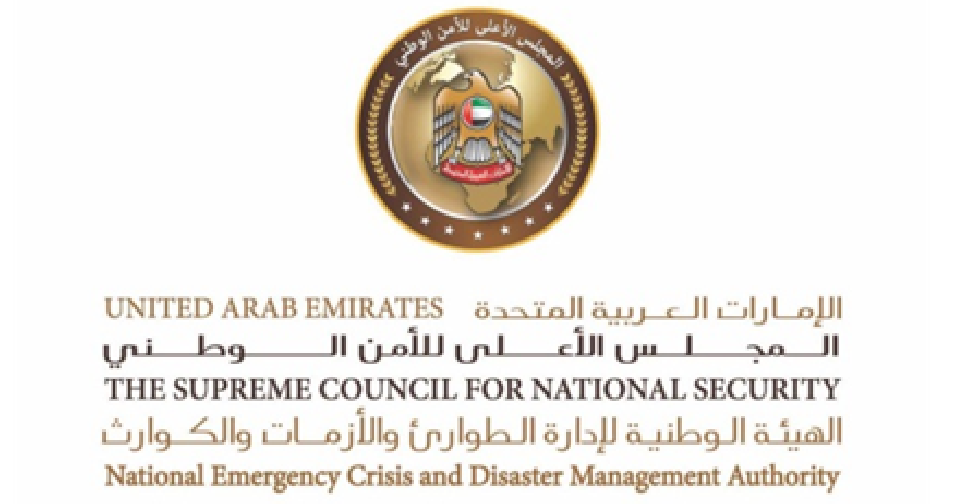 NCEMA monitors tropical situation in Arabian Sea
NCEMA monitors tropical situation in Arabian Sea
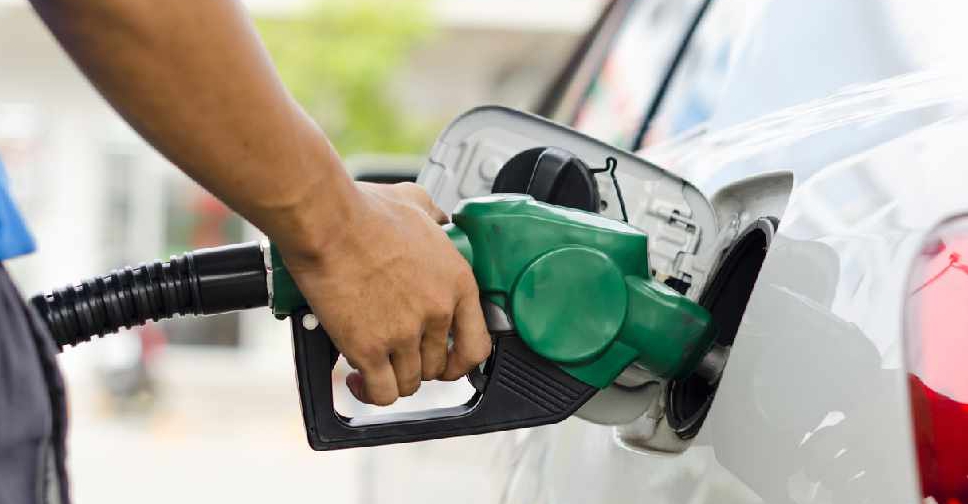 UAE fuel prices to drop in September
UAE fuel prices to drop in September
